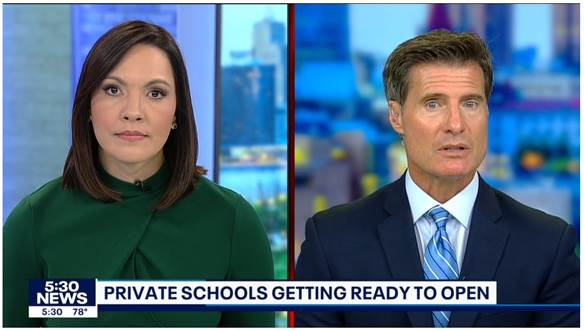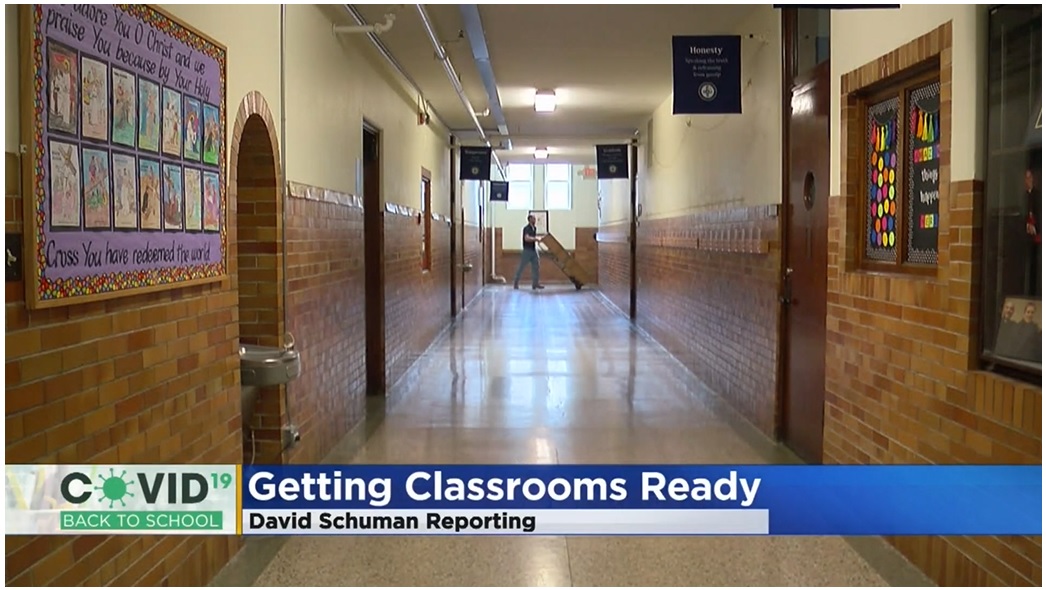If you, like me, were a student who strove to get work in on time and took advantage of extra credit or other academic perks when offered, then you can be glad you’re past school age—especially if you live in Portland, Ore. That’s because schools in that district are beginning to implement “equitable grading practices.”
Just what does equitable grading entail? According to a handout from Portland’s public school system, equitable grading includes such practices as:
- No scores of zero: “Provide a minimum grade greater than or equal to 50% for work that does not meet expectations, is incomplete, or is missing,” the handout reads.
- No academic consequences for cheating: “Provide alternative consequences to cheating, instead of zeros.”
- Let the kids turn in work when they feel like it: “Do not penalize students for submitting late work.”
- Lower the incentive for studying outside the classroom: “Do not grade homework and/or do not include homework as part of a final grade.”
I always find it fascinating when life today plays out very similarly to something predicted by a great thinker decades earlier. Although this happens quite often, I couldn’t help but be amazed upon reading these new equitable grading guidelines out of Oregon, for it’s as if they were lifted out of C. S. Lewis’ 1959 essay, “Screwtape Proposes a Toast.”
For those unfamiliar with Lewis’ Screwtape Letters, Screwtape is a demonic character always seeking to find devious ways to thwart God’s plans and purposes for His creatures on earth. Thus, Screwtape’s advice is usually the opposite of what rational, truth-loving individuals should seek to do.
This is especially true with regards to education. According to Screwtape, “democratic” education can be very useful to his diabolical purposes. “The basic principle of the new education is to be that dunces and idlers must not be made to feel inferior to intelligent and industrious pupils. That would be ‘undemocratic,’” Screwtape says. Thus, “These differences between pupils — for they are obviously and nakedly individual differences — must be disguised.” This can be done at both the university level and earlier by enabling “nearly all the students [to] get good marks.” Sounds familiar, doesn’t it?
In the same way “there must be no faintest hint that” children who don’t work as hard in school “are inferior to the children who are at work. Whatever nonsense they are engaged in must have — I believe the English already use the phrase — ‘parity of esteem,’” Screwtape explains.
Such a practice, he goes on to say, boils down to the concept of “I’m as good as you.” And the purpose behind “I’m as good as you,” Screwtape reveals, is the destruction of true education:
In a word, we may reasonably hope for the virtual abolition of education when I’m as good as you has fully had its way. All incentives to learn and all penalties for not learning will be prevented; who are they to overtop their fellows? And anyway the teachers — ‘or should I say, nurses?’ — will be far too busy reassuring the dunces and patting them on the back to waste any time on real teaching. We shall no longer have to plan and toil to spread imperturbable conceit and incurable ignorance among men. The little vermin themselves will do it for us.
Why, the question naturally arises, would the devil be so intent on destroying true education? The simple answer is that good education creates good societies and “great men,” while bad—or democratic, equitable education—destroys them, turning those who are trained under this form of equity against all that’s good, true, and beautiful in this world:
I’m as good as you is a useful means for the destruction of democratic societies. But it has a far deeper value as an end in itself, as a state of mind which, necessarily excluding humility, charity, contentment, and all the pleasures of gratitude or admiration, turns a human being away from almost every road which might finally lead him to Heaven.
The last few years since COVID have seen remarkable shakeups in our world, and many of these are playing out in the education sector. For some, those shakeups mean their eyes have been opened and they’re seeking better, alternative forms of education for their children. For others, it just means their children are stuck in public systems which increasingly promote the “I’m as good as you” concept through things such as equitable grading and other watered-down curricula.
So how do we get away from such a situation? According to Screwtape, these things happen when education moves away from parental and private options and toward full state control. Thus, any steppingstones that can get our children away from said state control and toward more parental choice and educational freedom are a win.
In brief? It’s time to start choosing excellence, not equitable mediocrity.
—
This article is republished with permission from Annie’s Attic.
Image Credit: Wallpaper Flare












![[downloaded during free trial]](https://oakmn.org/wp-content/uploads/2025/11/iStock-1430368205-120x86.jpg)
